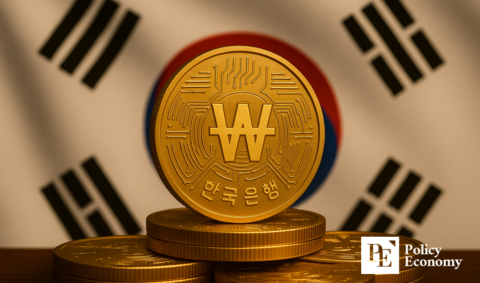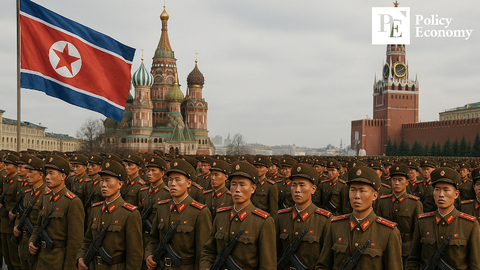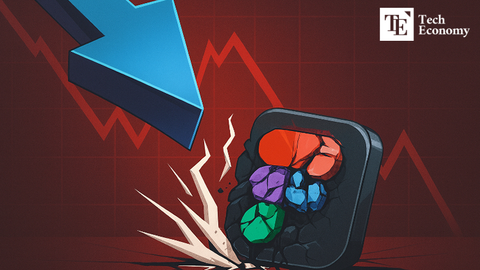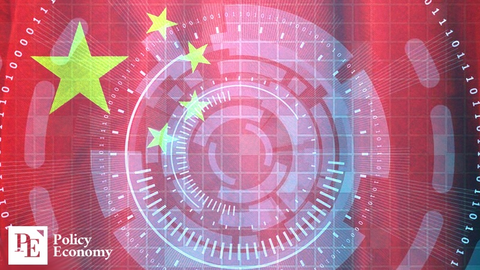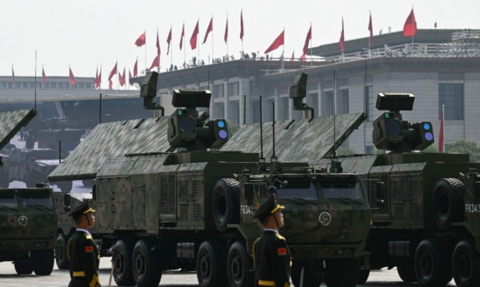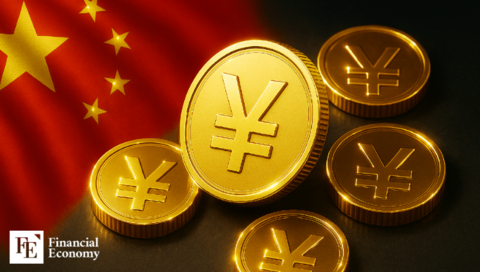Japan Sets Aside “Tariff Elimination” for Practical Gains as China Factor Shakes Up U.S. Trade Talks
Input
Changed
U.S. Standoff Prompts Strategy Shift for Both Nations Can Japan Secure Gains in Key Auto Exports? China’s Disruption of Negotiating Landscape Stirs Japanese Anxiety
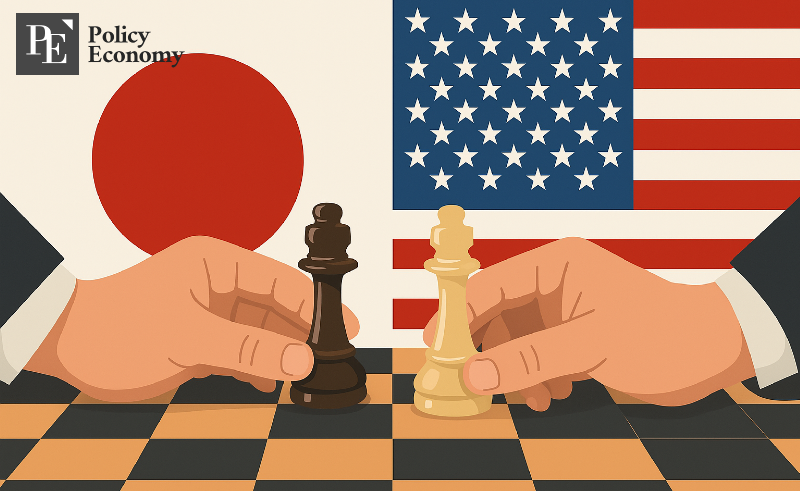
Japan has backed away from its original demand for complete tariff elimination in trade talks with the U.S., pivoting instead toward securing tangible benefits like tariff reductions and cooperation in the auto sector. The shift comes as China swiftly reached a tariff agreement with Washington, undermining Tokyo’s leverage and prompting fears of diplomatic isolation. The high-stakes negotiations are drawing global attention for their potential to reshape the broader trade order.
U.S. Regains Upper Hand in Negotiations
On May 21, Nikkei reported that the Japanese government is now considering accepting reductions to U.S. tariffs on core exports such as automobiles, signaling a softening from its previous hardline stance. Once deemed a non-negotiable issue, Japan's willingness to compromise is seen as a move to break the deadlock in stalled trade talks. The paper reported growing anxiety within Tokyo, suggesting Japan may lower its demand from full tariff removal to partial reductions.
Currently, the U.S. imposes a 25% additional tariff on automobiles and parts, as well as on steel and aluminum imports globally. It also sets a base 10% tariff on all countries under the reciprocal tariff system, with Japan facing an additional 14% tariff. While a 90-day grace period is in place, that deadline expires on July 9.
The U.S. maintains that the 25% tariffs on cars and metals are non-negotiable and that only the 14% additional duty on Japan is subject to potential adjustment. This firm stance has clashed with Japan’s call for a broader review, stalling progress.
The two countries held negotiation rounds on April 16 and May 1, with a third set for May 23. Working-level discussions began on May 19. The upcoming talks will focus on trade expansion, non-tariff measures, and economic-security cooperation. While Prime Minister Shigeru Ishiba is pushing for maximum results, Economic Revitalization Minister Ryosei Akazawa is said to be pursuing more pragmatic compromises.
Mutual Recognition of Auto Standards Floated as Compromise
Abandoning its insistence on tariff elimination, Japan is now pursuing proposals that could still yield economic benefits—chief among them, mutual recognition of automobile safety standards. This approach would reduce regulatory barriers by having both nations accept each other’s testing results, thereby lowering costs and expanding market access. For Japan, this represents a shift toward securing “minimal but meaningful” outcomes.
Notably, autos, not steel or agriculture, are Japan’s top priority in the negotiations. As the world’s third-largest car producer, Japan exports 1.36 million vehicles annually to the U.S., underscoring its dependency on the American market. Even without tariff elimination, harmonizing safety regulations would boost production efficiency and competitiveness for Japanese automakers.
Japan also hopes to revive provisions from past trade deals to persuade Washington. During the Trans-Pacific Partnership (TPP) negotiations, the U.S. and Japan agreed on mutual recognition in seven areas, including rear-view mirror standards. Citing government sources, Yomiuri Shimbun reports Japan is now evaluating whether to expand that agreement.
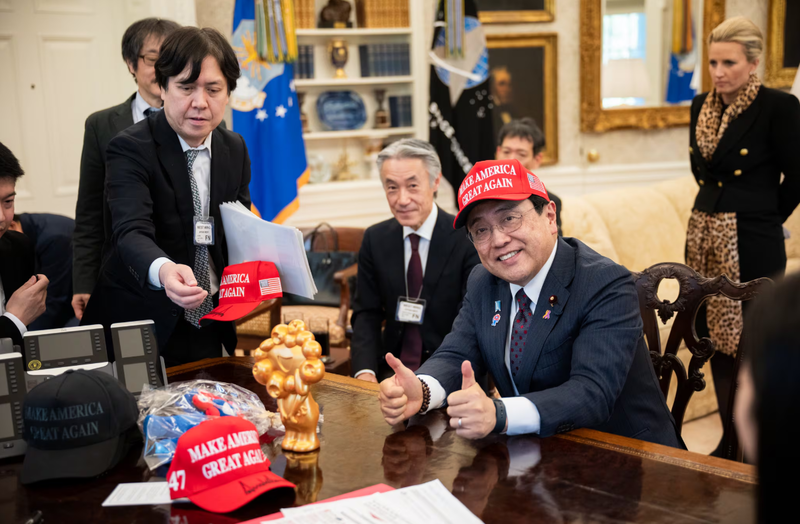
China’s Rapid Deal Reshapes Japan’s Strategy—and Raises the Stakes
China’s decisive move to strike a quick deal with the U.S. played a pivotal role in Japan’s strategic recalibration. On May 12, Washington and Beijing issued a joint statement agreeing to reduce reciprocal tariffs by 115 percentage points from previously sky-high levels of 145% and 125%, respectively. Japan, which had hoped to benefit as the U.S. clashed with China, now finds itself at a disadvantage.
The U.S. is also seeking to apply its agreement with China as a template for talks with other countries, making it difficult for Japan to negotiate more favorable terms without inviting criticism over fairness. Washington is currently negotiating with 18 other major trade partners alongside China.
This context is amplifying domestic political pressure in Japan. If Tokyo fails to secure full tariff removal, critics may label it a diplomatic failure, especially when compared to countries like the U.K. and China, which have already extracted concessions. With these talks tied to broader global trade and diplomacy shifts, observers say Japan cannot afford strategic marginalization.

